Glycol Coolant
| Image | View the product | No. Manufacturer | ||||
|---|---|---|---|---|---|---|
| picture_as_pdf |
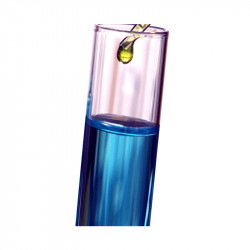
|
VANCHEM | Glycol coolant | SEE IT | -- | On Order |
| picture_as_pdf |
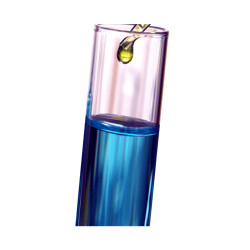
|
VANCHEM | 80025-784-61 | SEE IT | -- | On Order |
| picture_as_pdf |
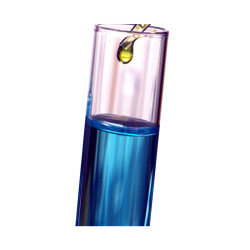
|
VANCHEM | 80025-784-60-R | SEE IT | -- | On Order |
| picture_as_pdf |
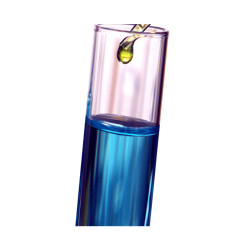
|
VANCHEM | 80025-784-60 | SEE IT | -- | On Order |
| picture_as_pdf |
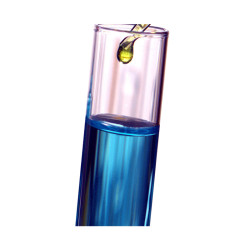
|
VANCHEM | 80025-784-52-R | SEE IT | -- | On Order |
| picture_as_pdf |
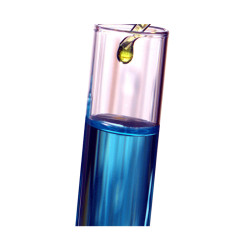
|
VANCHEM | 80025-784-52 | SEE IT | -- | On Order |
| picture_as_pdf |
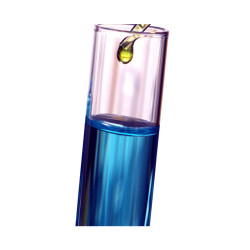
|
VANCHEM | 80025-784-51-R | SEE IT | -- | On Order |
| picture_as_pdf |
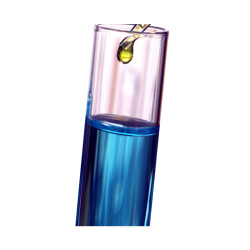
|
VANCHEM | 80025-784-51 | SEE IT | -- | On Order |
| picture_as_pdf |
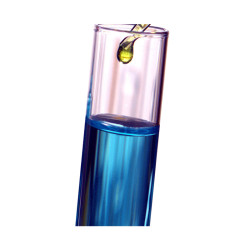
|
VANCHEM | 80025-784-82-R | SEE IT | -- | On Order |
| picture_as_pdf |
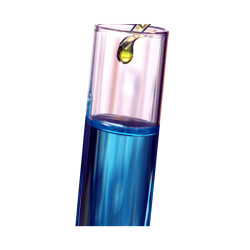
|
VANCHEM | 80025-784-82 | SEE IT | -- | On Order |
| picture_as_pdf |
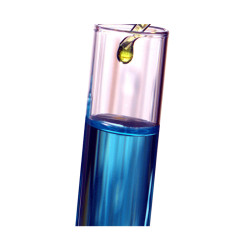
|
VANCHEM | 80025-784-81-R | SEE IT | -- | On Order |
| picture_as_pdf |
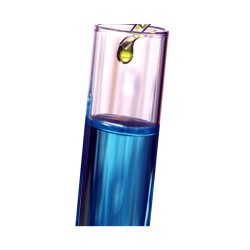
|
VANCHEM | 80025-784-81 | SEE IT | -- | On Order |
| picture_as_pdf |
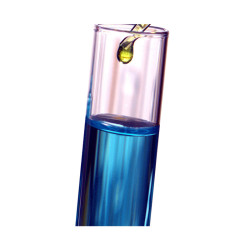
|
VANCHEM | 80025-784-92-R | SEE IT | -- | On Order |
| picture_as_pdf |
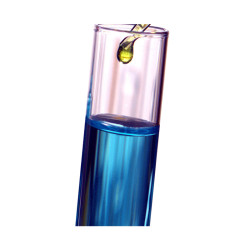
|
VANCHEM | 80025-784-92 | SEE IT | -- | On Order |
| picture_as_pdf |
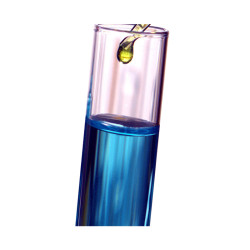
|
VANCHEM | 80025-784-91-R | SEE IT | -- | On Order |
| picture_as_pdf |
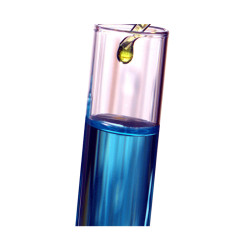
|
VANCHEM | 80025-784-91 | SEE IT | -- | On Order |
| picture_as_pdf |
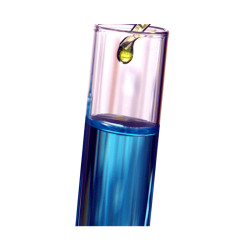
|
VANCHEM | 80025-784-61-R | SEE IT | -- | On Order |
Reliable Heat Carrier in Industry and Technology
In today's electrical engineering, automation, and industry, effective temperature management plays a key role in maintaining machine stability and efficiency. Where water alone as a pure cooling agent ceases to be sufficient, glycol steps in – a substance that, thanks to its unique physicochemical properties, has become the foundation of modern cooling and heating systems. At DACPOL, in the insulating materials department, we offer specialized glycol-based fluids that ensure long-term protection and optimal operation of industrial installations.
What is glycol and why is it essential?
Glycols (mainly ethylene MEG and propylene MPG) are organic chemical compounds that, when mixed with water, form solutions with exceptional properties. Unlike water alone, the glycol mixture does not freeze at temperatures below 0°C (lowering the crystallization temperature down to -67°C in the case of concentrates) and at the same time is characterized by a higher boiling point, which is crucial for the safety and thermal stability of the system under various climatic conditions and loads.
Main functions of glycol as a coolant fluid:
- Freeze prevention (Antifreeze): Lowers the freezing point, protecting the installation from mechanical damage in frosty conditions.
- Corrosion protection: Glycol fluids are enriched with special inhibitors that protect metal elements of the system (carbon steel, copper, aluminum) from rusting and scale build-up.
- Heat transfer: Acts as an effective carrier of heat or cold, transferring thermal energy between the source and the heat exchanger.
- Chemical stability: It is resistant to degradation, which ensures long-term and reliable operation of the system.
Application of glycol in industry and technology
Due to its properties, glycol coolant is indispensable wherever stable temperature and protection of the installation against extreme thermal conditions are required. It is used in various industries, from automotive to industrial refrigeration.
Cooling of industrial systems
Ethylene glycol (MEG) is often chosen for cooling gas compressors, chilled water units (chillers), and in industrial processes where efficient dissipation of large amounts of heat is required. Its high boiling point (even 197°C for concentrate) and excellent thermal conductivity allow for high system efficiency.
HVAC, heating, and solar installations
In public and residential buildings, propylene glycol (MPG), due to its low toxicity and PZH hygiene certificates, is preferred as an antifreeze fluid in heat pumps, solar collectors, and central air conditioning and ventilation systems. In these applications, glycol protects pipes and devices against freezing, especially during periods of downtime.
Food and pharmaceutical industry
In sectors where there is a risk of contact with food, drinking water, or soil, only propylene glycol (MPG) is used. It is safer for health and the environment, which is why it is used in refrigeration in food processing plants (e.g., in the production of ice cream, beer, frozen foods) and in air conditioning installations in hospitals and laboratories.
Selection and safety of glycol fluid
The choice between ethylene glycol and propylene glycol depends on the specificity of the application. Fluids based on propylene glycol (MPG), such as Ergolid Eko, are considered safer for the environment and people (less toxic), which is why they are used where this is a priority. Ethylene glycol (MEG) based fluids, on the other hand, are more economical and often chosen for closed industrial systems where the highest heat exchange efficiency is key.
Regardless of the type, the use of fluids with added corrosion inhibitors is crucial for the installation's lifespan, ensuring long-term protection. The concentration of glycol in the solution (e.g., 30-35% or 40% glycol) must be precisely matched to the required minimum operating temperature (e.g., a 40% ethylene glycol solution ensures non-freezing down to about -25°C).
In our assortment, you will find certified glycol fluids that meet the highest quality standards, guaranteeing the reliability and safety of your systems.



